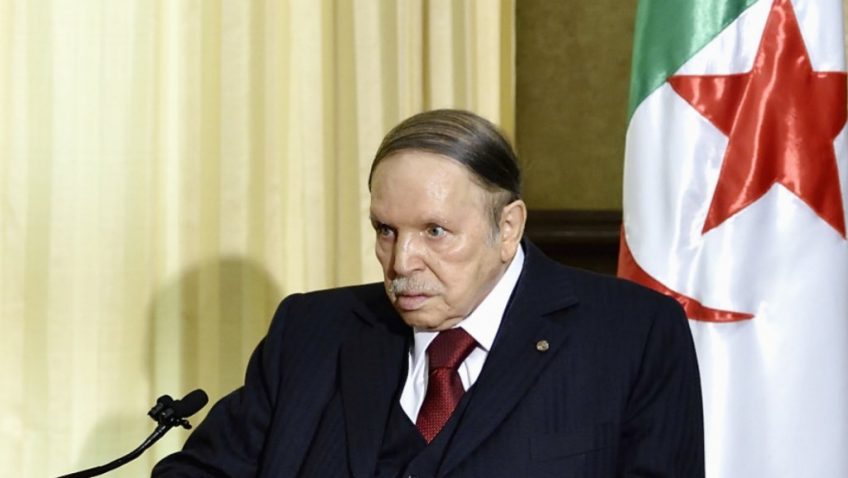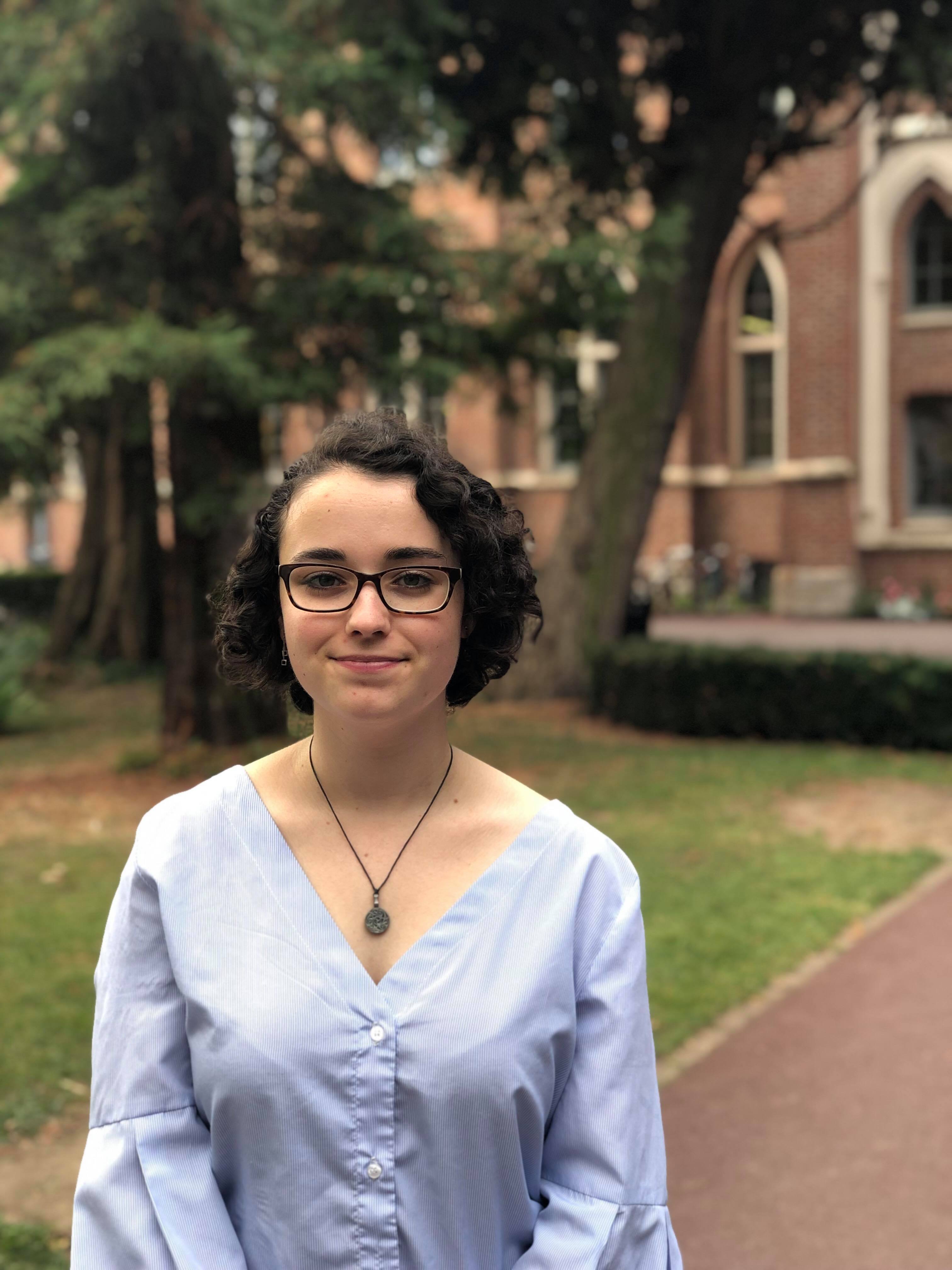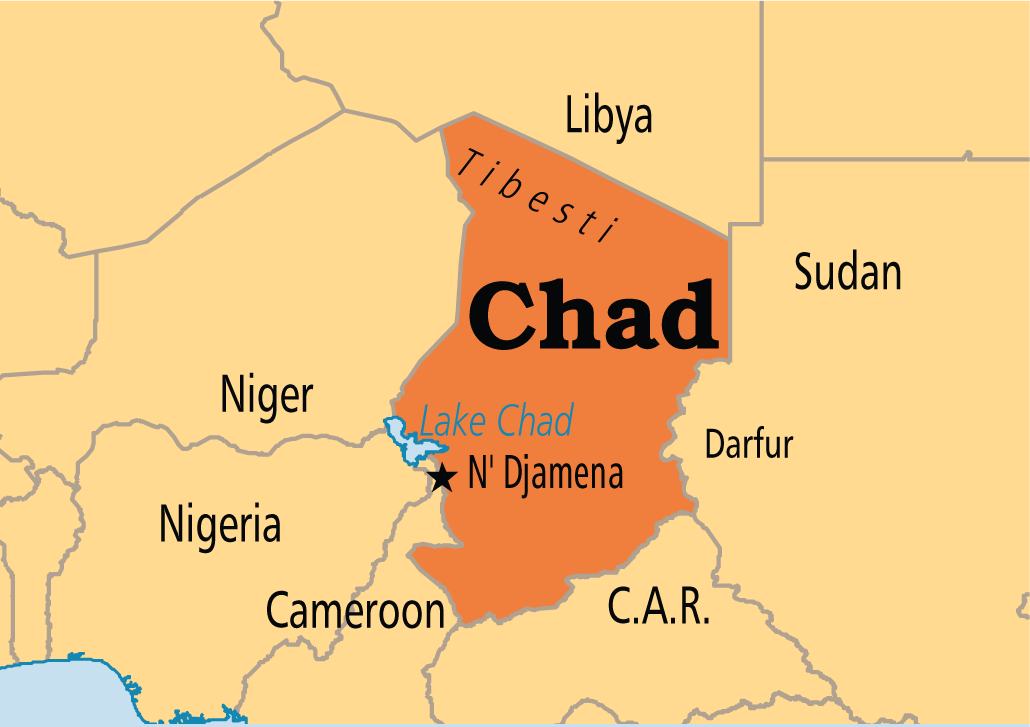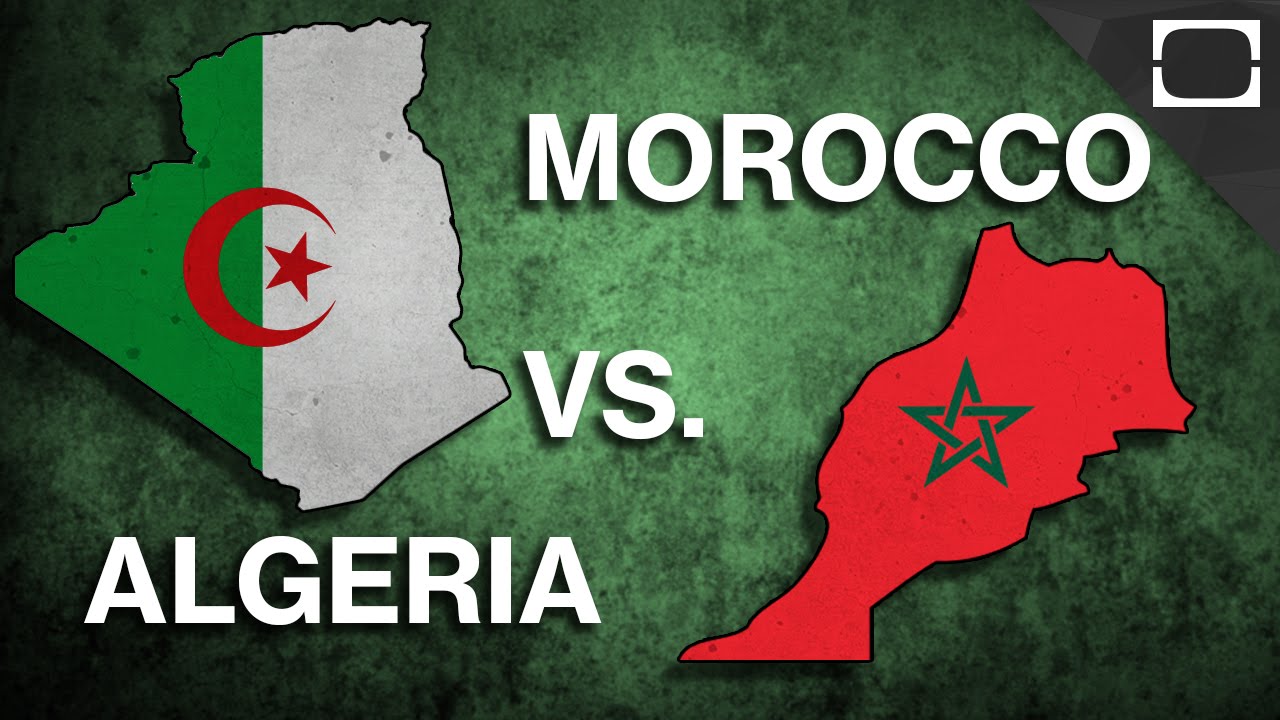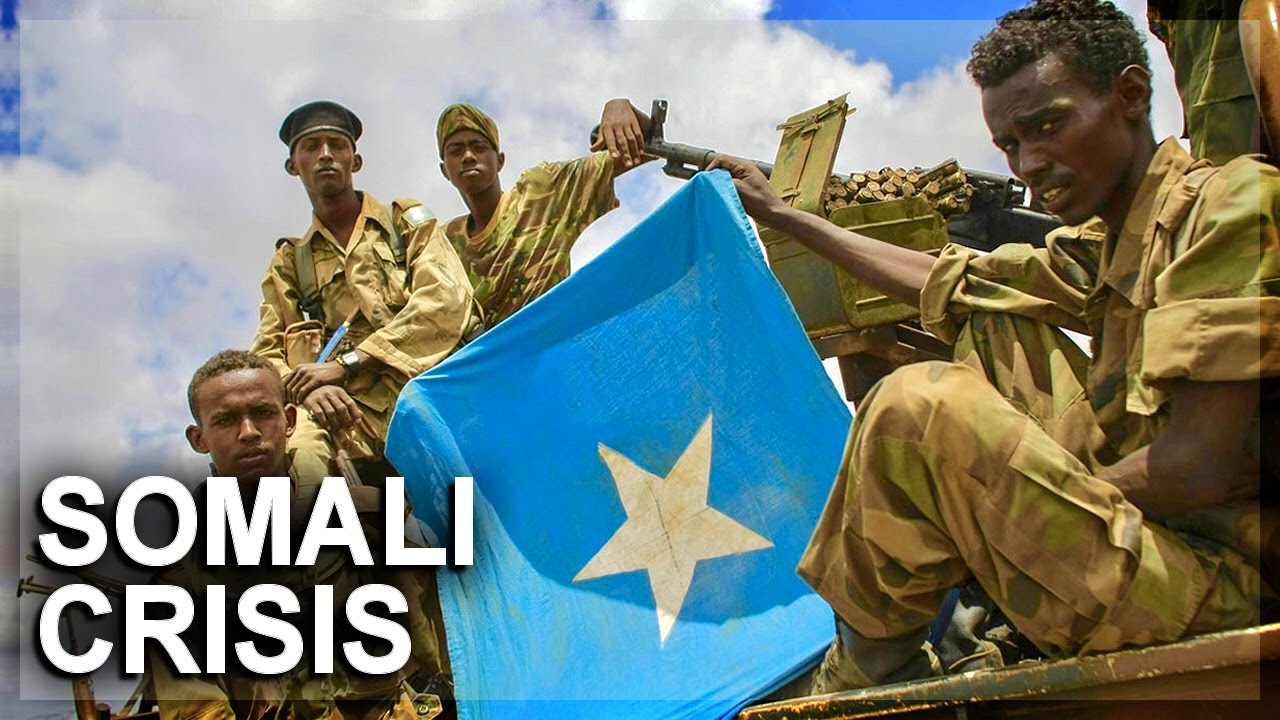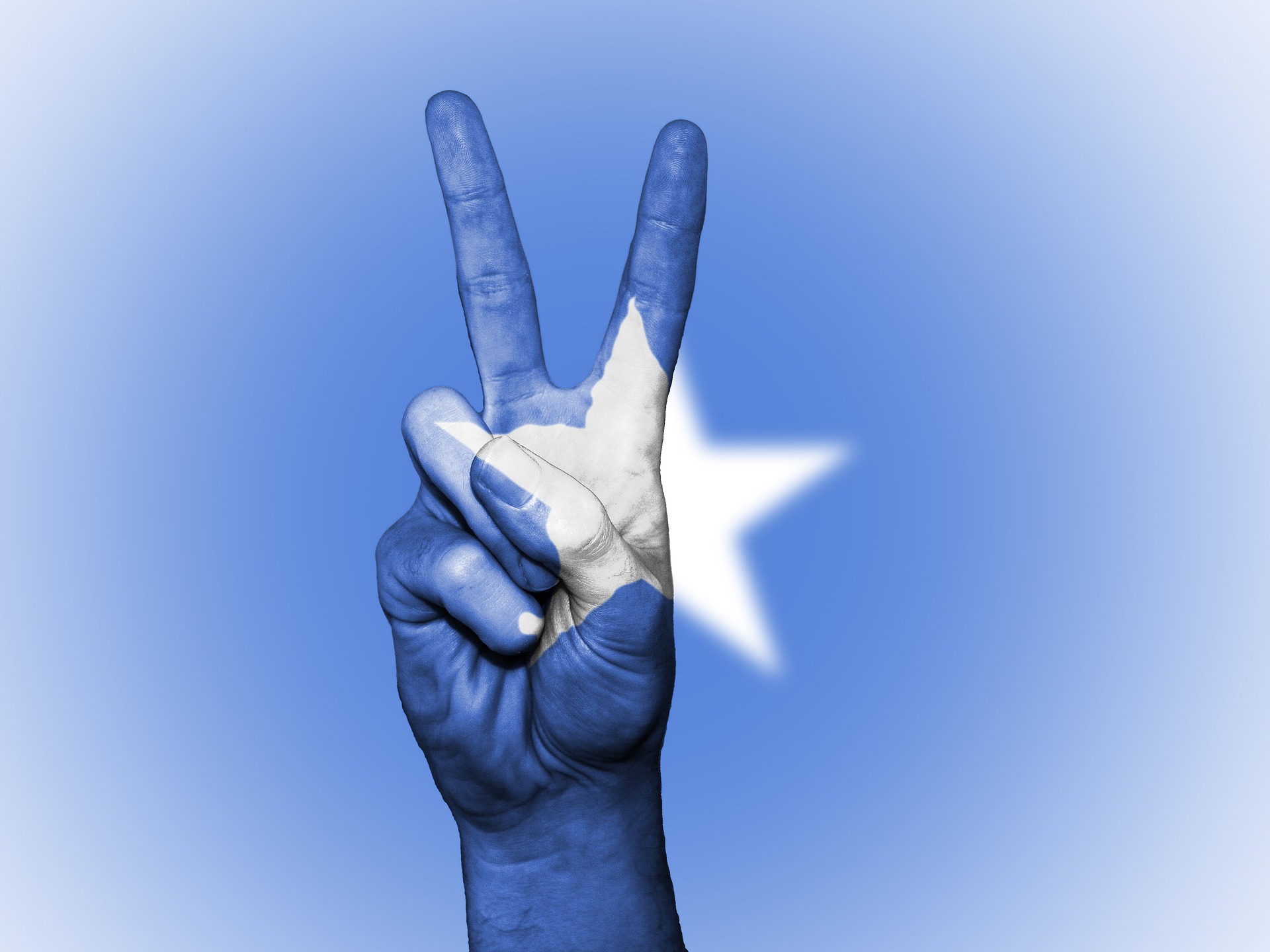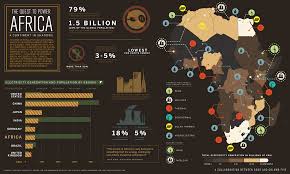Algeria, in mid-crisis since the announcement of President Bouteflika’s candidacy, lives at the rhythm of demonstrations against the regime in power and of political announcement by the presidential Palace.
On March the 3rd, Algerian president Abdelaziz Bouteflika announced his candidacy for a fifth term in the form of a letter to the nation read out on state television, also offering for a constitutional reform.
The new Constitution would be adopted by a popular referendum, as a revision on the electoral law would be set, along with the creation of an independent mechanism in charge of organizing the elections with exclusive responsibility over this organization. Bouteflika promised that this reform would lead to early elections in which he would not contest.
It is important to note that while this reform could be an opportunity for the government to settle a peaceful transition of power, it will have to occur quickly, given President Bouteflika’s declining health. Indeed, his last public address to Algerians dates back to 2014, two years after he suffered a severe stroke that left him considerably weakened and disabled.
The current issue is to determine what future awaits Algerians, as President Bouteflika’s health is declining.
Demonstrations took place throughout the country after the announcement last month of his candidacy and after his registration on Sunday. Teachers, university students, lawyers and journalists, as waves of anger spread, decided to move on to the streets in Algiers to protest against the corruption undermining the country, as well as against the lack of democratic representation of the people and of plurality of viable candidates to the electoral elections.
A new issue to cope with: Bouteflika, or the ghost running the country
Recent news gave a new light on the issue of the vacancy of power in Algeria. President Bouteflika has been hospitalized on the 24th of February in Geneva’s university-affiliated hospital, while his candidacy was announced several days later.
A report issued on the 6th March deals with health problems such as respiratory problems, neurologic issues and permanent vital threat affecting the leader of the country. This report led to protests all over the world, since the last official news released from the presidential palace on Sunday about his health reported “good health”.
Hence a new issue surfaces : could President Bouteflika carry on with another mandate?
A unique candidate?
Seven other candidates are competing for the presidential elections of April. Four of them are unknown from the general public, while businessman Rachid Nekkaz, General Ali Ghediri and Abdelaziz Belaïd, president of the political party Front El-Moustakbal are more known. None of them seem to possess enough political power to be considered as a direct threat for President Bouteflika. However, as the opposition is far too divided to put forward new viable candidates, the ruling elite stays in power, paralyzing any political change. Indeed, the National Liberation Front has ruled the country since its independence from France in 1962. Moreover, ”le pouvoir” (the power), as many Algerians have come to describe those ruling the country, has been centered on the party, some powerful generals and businessmen.
Even if Bouteflika were not to serve for another term, the regime in place would not be likely to change, as no move of political regime took place since 1999.
The haunting shadow of the civil war
But it is the legacy of Algeria’s recent civil war against Islamist insurgents which seems to have frozen all attempts at reform. Collective memory for all the deaths and the events that occurred during the “Black Decade” is still live memory. The brutal conflict ended in 2002, leaving an estimated 150,000 Algerians dead, some of whom were “forcibly disappeared” by the security forces. These events led to a deep distrust at all levels of society, leaving little hope for any compromises or meaningful national dialogue to instigate change between the people and the government.
Conclusion
All that remains to expect is official announcement from the government to clarify the situation, as it is not only a major preoccupation for elections concerning the people, for Algeria’s future is at stake. Until the presidential elections are held, Algeria will keep its eyes riveted on the presidential Palace, as news may be issued at any time.

